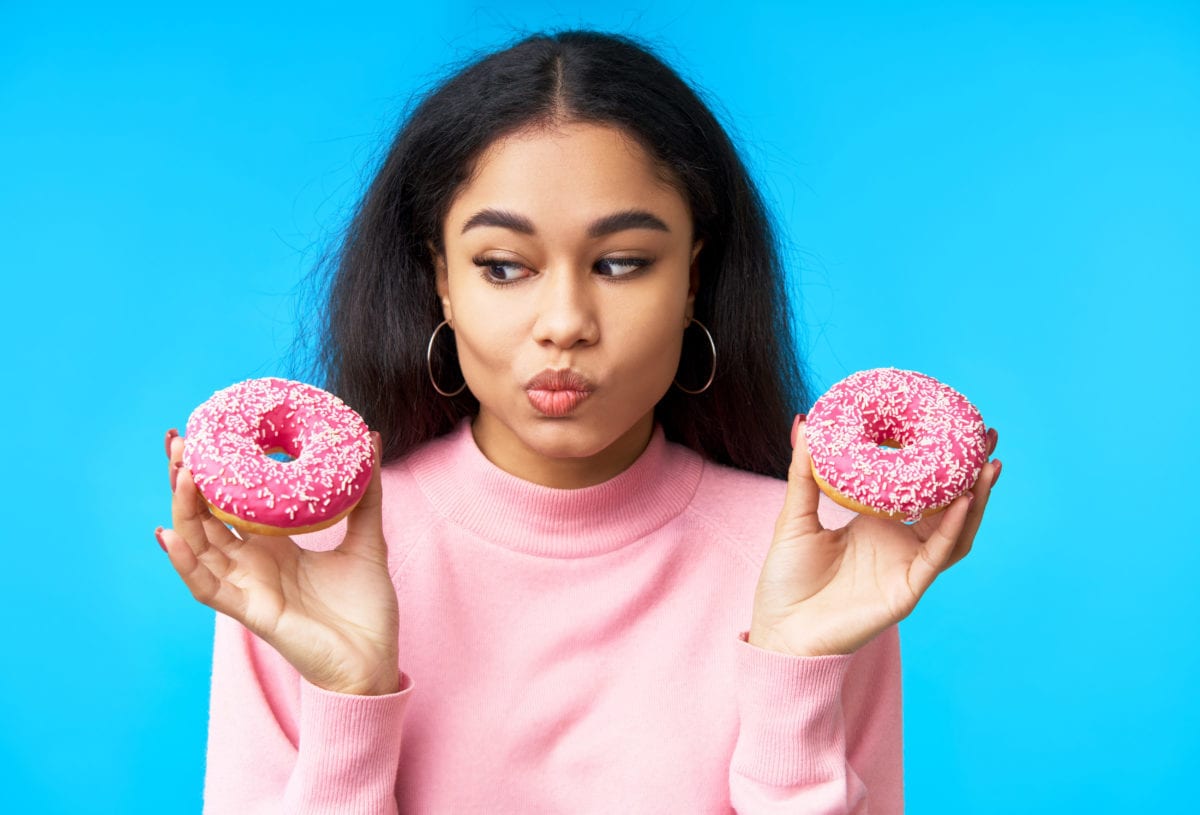
Hungry All The Time? It Might Be Your Hormones….
Are you hungry all the time? Can’t seem to conquer your cravings for candy, cookies or chips? Stop the guilt.
Willpower and mental fortitude are typically only 5-10% of the equation when it comes to hunger, appetite and cravings. Our hormone play a huge role in what, when and how we crave foods, and there are 7 key players as described below.
The 7 Hunger Hormones:
- Leptin, the ‘Satiety’ Hormone: produced by our fat cells, Leptin signals to the hypothalamus that there is enough fat in storage. Fiber rich foods can promote leptin secretion. High insulin levels can cause ‘leptin resistance.
- Ghrelin, the ‘Hunger’ Hormone: released when stomach is empty and signals to brain its time to eat. Protein and fiber help to minimize ghrelin secretion.
- Glucagon-Like Peptide-1, the ‘Full’ Hormone: released when food enters the intestine and tells our brains we are full. Leafy greens can increase GLP-1 secretion.
- Cholecystokinin, the ‘Satiety’ Hormone: slows gastric emptying (keeps you full for longer). Protein, fat and fiber can increase CCK production.
- Peptide YY, the Control Hormone: produces in the GI tract, PYY reduces appetite. Balanced blood sugar and protein and fiber increase PYY concentrations.
- Neuropeptide Y, the ‘Stimulate’ Hormone: produced in the brain and nervous system NPY stimulates appetite for sugar and carbohydrates. Protein and fats help minimize the effects of NPY.
- Cortisol, the ‘Stress’ Hormone: in the short term, stress can shut down appetite. However, in the long term cortisol can increase appetite and motivation to eat, especially if the stress response stays elevated.
Whilst the science behind hormonal health and hunger might seem complicated, the solution can be simple. Ensure you are eating a minimum of 20-30g of high quality protein at each meal, 2 cups of veggies, and 1-2 tablespoons of health fat. I call this the PFF formula, and it’s the backbone of my 8 Week Lean and Clean Program.
Helping
High-Achieving
Women Create
Optimum
Health
home
about
private coaching
The Metabolic Beauty Reset
corporate wellness
blog
privacy policy
terms & conditions
contact
© 2021 JH Wellness Services Inc. | All Rights Reserved | brand + website by high Moon studio
Programs